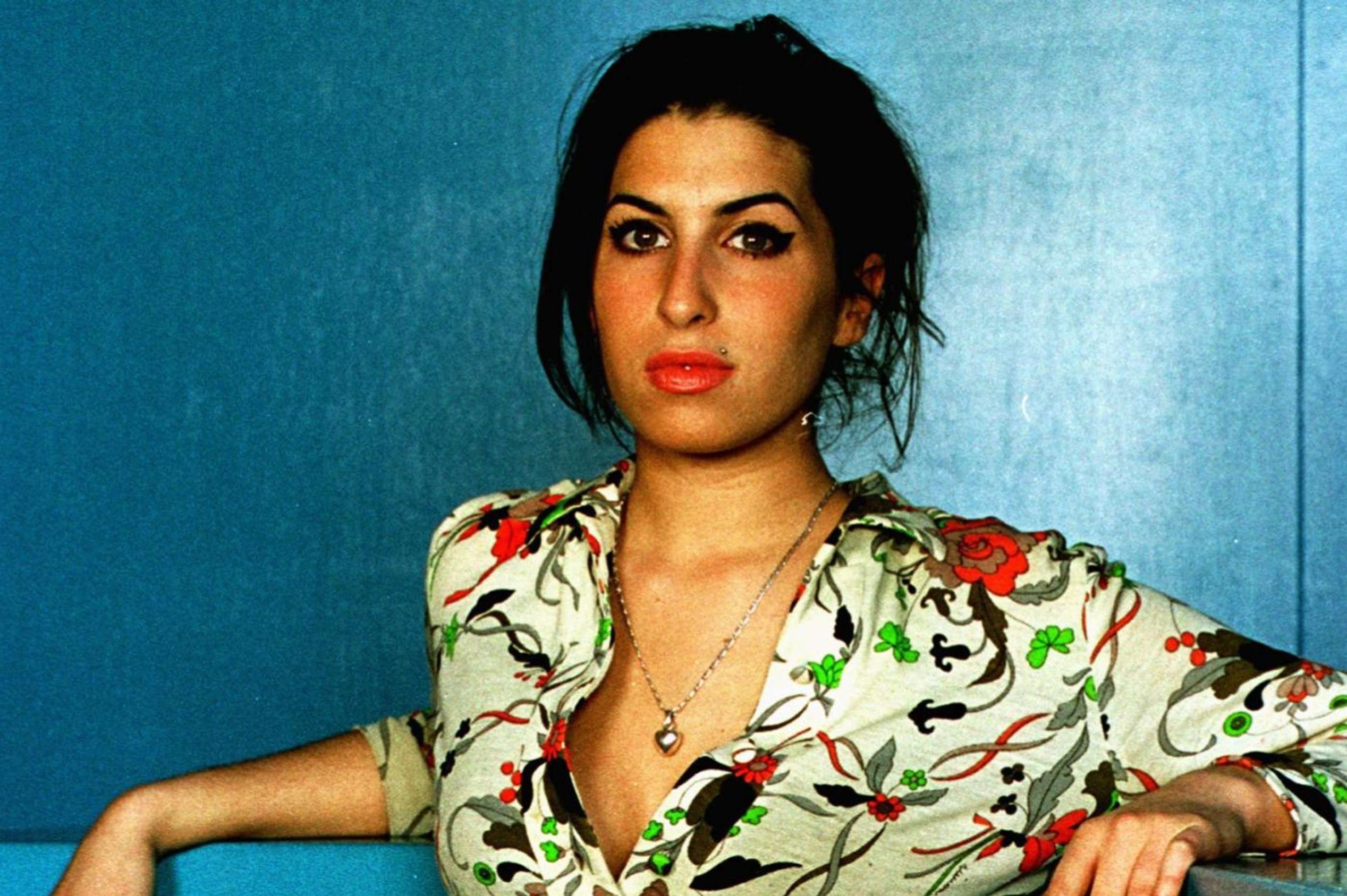Seventeen years ago, Amy Winehouse made her explosive debut.
It’s rare that an album which opens with a scat track would become a mainstream smash, but that was the power of Amy Winehouse.
In October, 2003 she made her debut with Frank, a jazz-soul record whose title is both an homage to the influence of Frank Sinatra embedded within it and a reflection on the straight-talking, barb-tongued lyrics it brandishes.
It’s difficult to believe that Winehouse was just 19 when it was released. Not just because her smoky voice evokes the image of an aging jazz bar crooner, but Frank’s revelations on sex and love speak to the wisdom of someone who’s been around the block and seen it all.
Still, lines like “I can’t even remember his name/Why’re you so upset?/Baby, you weren’t there and I was thinking of you when I came” are the musings of a teenage Winehouse.
Yet despite the sheer force of Frank, Winehouse told The Guardian she was “only 80 per cent behind this album”.
“I’ve never heard the album from start to finish. I don’t have it in my house. Well, the marketing was fucked, the promotion was terrible. Everything was a shambles,” she said.
Critical reception was also mixed. The album earned Winehouse nominations for British Female Solo Artist and British Urban Act at the 2004 BRIT Awards as well as being shortlisted for the Mercury Music Prize that year, though it was trashed in reviews by Pitchfork and a myriad of other music rags.
Where Pitchfork chastised the singer for her “self-destructive tortured artist routine” and accused her of imitating her jazz heroes “much too closely” in its scathing review of the record, it peaked at number 13 in the UK Albums Chart in late January, 2004 – later re-entering the charts and reaching number three after her death.
No matter where critics sat, Frank catapulted Amy Winehouse into the limelight, garnering her the fame that would ultimately lead to her demise.
Where ‘Stronger Than Me’ fuses a sax solo with beats that could’ve been lifted straight from a hip hop record, the opening trill of ‘Help Yourself’ harkens the classic sound of a bygone era. All the while, covers of jazz standards ‘Moody’s Mood for Love’ and ‘There is no Greater Love’ sit comfortably among their contemporary counterparts, both a testament to Winehouse’s old soul and her versatility as an artist.
Frank shows Winehouse in all her forms. She’s strong, defiant and definitely not to be fucked with, but she still yearns to be loved and cared for; her wall is up, but she wants someone to knock it down. Still, she paints a complex picture of her relationship with men – one tainted by her father’s infidelity.
“Emulate all the shit my mother hated/I can’t help but demonstrate my Freudian fate,” she ruminates on ‘What Is It About Men’, an inner tug-of-war between head and heart. It’s impossible to imagine the love life of an adolescent inspiring such woeful and wise words. She harbours the hurt of a heart that’s lived and loved twice as many years.
Though her 2006 follow-up Back To Black is considered her magnum opus, drawing from girl groups of the ‘50s and ‘60s in place of Holiday and Sinatra, Frank is a raw display of Winehouse’s blinding potential. It screams, ‘take me as I am or not at all’.
With only two albums released in her too-short life, there’s no telling what Winehouse would have achieved. Though with a debut like Frank to go off, it’s safe to wager she could’ve rivalled the greats she admired so deeply.
Never miss a story. Sign up to Beat’s newsletter and you’ll be served fresh music, arts, food and culture stories three times a week.







